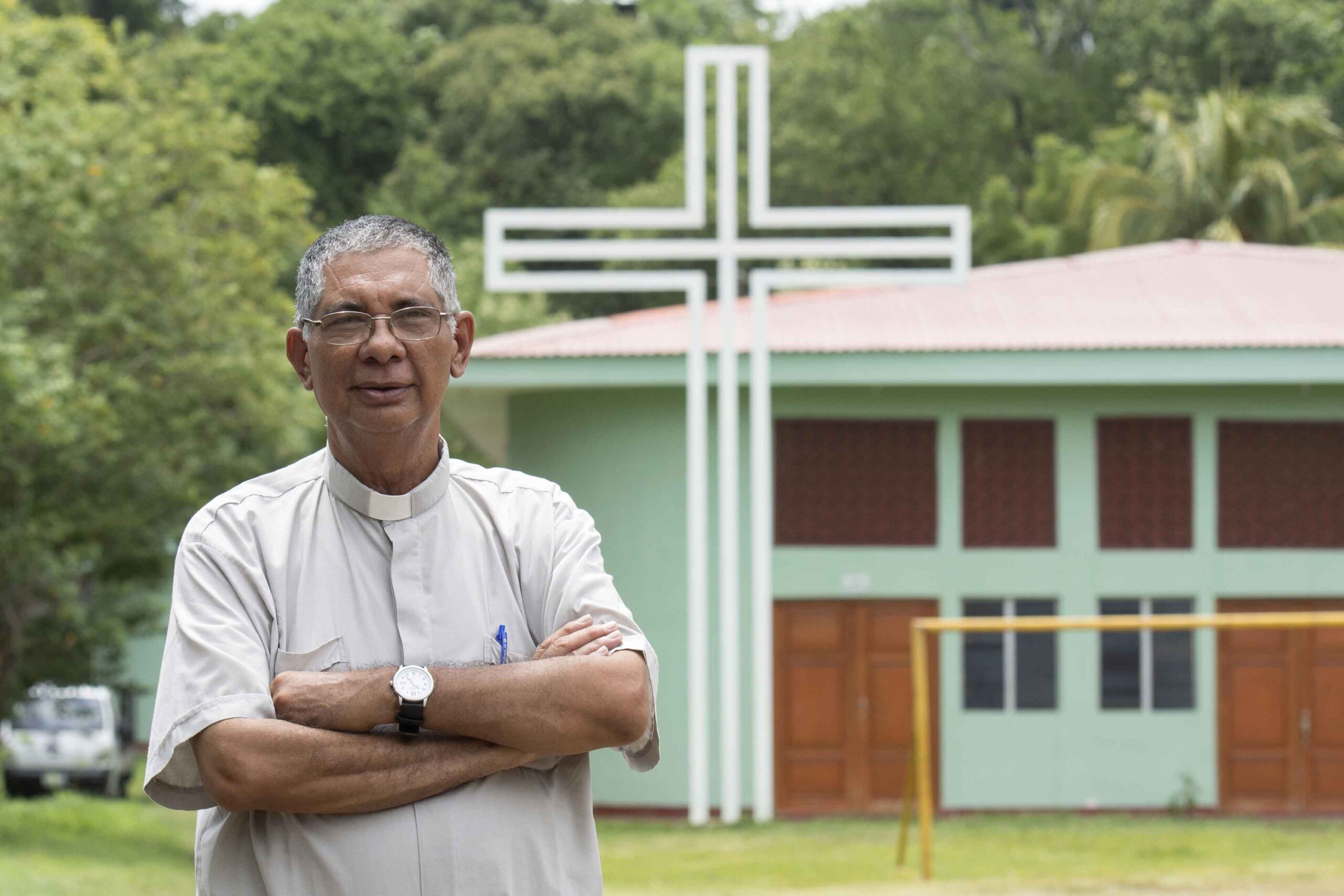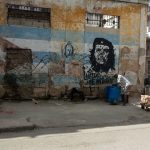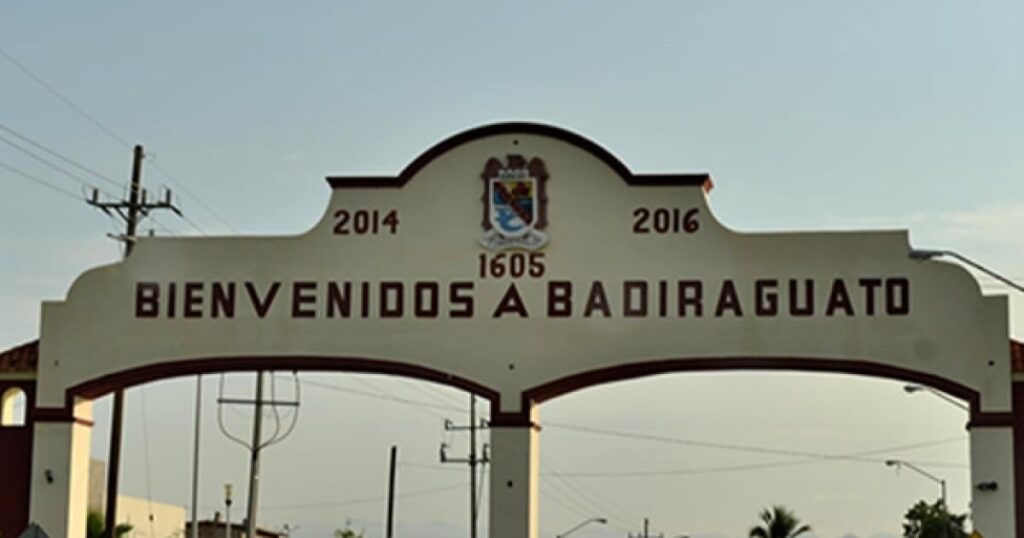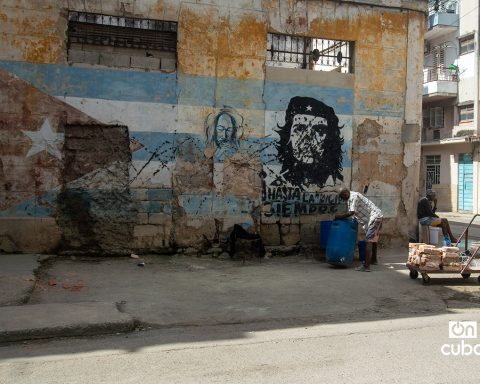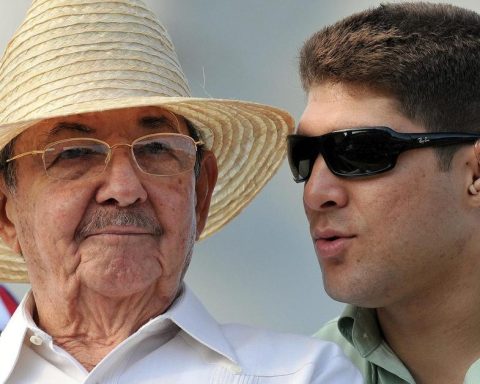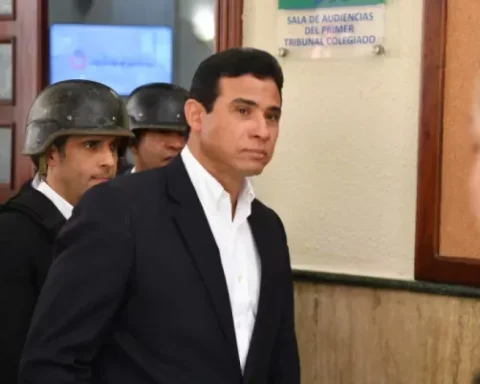Nicaraguan priest Monsignor Silvio Fonseca accused the government of President Daniel Ortega this Saturday of trying to deprive “the Catholic people of being educated in their faith,” by including the organization that publishes the monthly newspaper La Voz Católica on a list of 83 NGOs that will be outlawed. .
Included on the legislative agenda for next Tuesday is a decree initiative to urgently cancel the legal personality of 83 non-profit organizations, including the Association of Catholic Publishers (Publica), which prints the Catholic Voice of Nicaragua.
“They would be depriving the Catholic people of being formed in their faith,” said Monsignor Silvio Fonseca, vicar of the Family of the Catholic Church of Nicaragua, when asked by journalists.
Related news: IACHR: “The regime must put an end to the attacks against the Catholic Church and guarantee the pluralism of voices”
On May 20, the Government, through the Nicaraguan Institute of Telecommunications and Post Office (Telcor), ordered Channel 51, the Catholic Channel, owned by the Episcopal Conference of Nicaragua, to be taken off the air.
The decision of the Executive came after the Nicaraguan Bishop Rolando Álvarez denounced that he was a victim of police persecution and announced, in protest, a day of indefinite fasting, prayer and exorcism, which he has already lifted.
Álvarez, bishop of the diocese of Matagalpa, apostolic administrator of the diocese of Estelí (north), in charge of the Episcopate’s Communication area and in charge of the Catholic channel, accused Ortega of trying to silence the Nicaraguan Catholic Church.
PUBLISH MESSAGES FROM POPE FRANCIS
About the Catholic Voice of Nicaragua, Monsignor Silvio Fonseca explained that it was founded 16 years ago and that the messages that Pope Francis transmits to families, the readings of the day, and data on the saints of the Catholic Church are published in the newspaper.
“It is a completely Catholic media,” said the priest, who assured that the association has always complied with what the Ministry of the Interior has required.
“But for three years (the Ministry of the Interior) has asked for the association’s books and has not returned them,” added Monsignor Silvio Fonseca.
The Government, through the Ministry of the Interior, ordered the closure of another 83 local NGOs, including the Nicaraguan Academy of Language and the Enrique Bolaños Foundation, which has -the latter- one of the most complete virtual libraries in the country.
With these new 83 associations, the Non-Governmental Organizations (NGOs) whose outlawing has been requested by the Executive so far in May rise to 229, and to 319 since December 2018.
NGOs HAVE BEEN DISMANTLED AFTER CRISIS
In Nicaragua, with the vote of the Sandinista deputies and their allies, who are the majority in the National Assembly (Parliament), the legal personality of at least 236 NGOs has been canceled since December 2018, eight months after a popular revolt broke out -originated by controversial social security reforms- described as an attempted coup by Ortega.
According to the Sandinista deputy Filiberto Rodríguez, promoter of these initiatives, the NGOs that have been outlawed so far, more than 200, have failed to comply with the laws on the matter, including not registering in the registry of “foreign agents”, which has rejected those affected.
He has also accused these NGOs of having used resources from the donations they received to try to overthrow Ortega during the protests that broke out in April 2018, although he has not presented evidence.
In April 2018, thousands of Nicaraguans took to the streets to protest controversial social security reforms, which later became a demand for Ortega’s resignation because he responded with force.
The protests, described by the Executive as a coup attempt, left at least 355 dead, according to the Inter-American Commission on Human Rights (IACHR), although local organizations raise the figure to 684 and the Government recognizes 200.
Nicaragua has been going through a political and social crisis since April 2018, which has worsened after the controversial general elections on November 7, in which Ortega was re-elected for a fifth term, fourth consecutive and second along with his wife, Rosario Murillo, as vice president, with her main contenders in prison.
